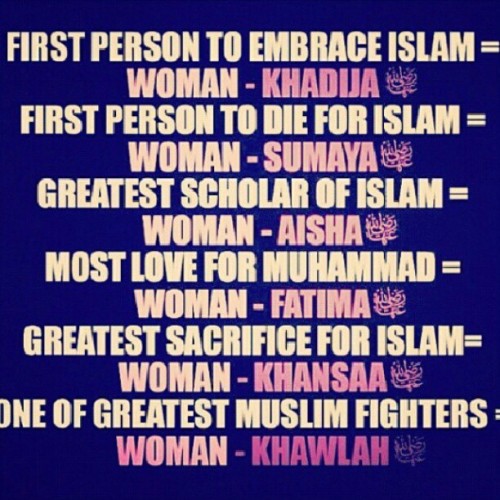
INSHA'ALLAH CLICK TO READ/VIEW THE REQUIRED POST:
- Dhul Hijjah, blessed upcoming days...
- Very Important & Crucial - DHUL HIJJAH !
- The First Ten Days of Dhul Hijjah !
- What You can do in these Blessed Days of Dhul-Hijjah?
- Types of Deeds in These Ten Days - DHUL HIJJAH
- Dhul - Hijjah
- Virtues of the 10 Days of Dhul-Hijjah - By Shaykh Muhammad bin Salih Al-'Uthaymeen - (Video)
- Day of Arafah...
- 6 Virtues of Fasting Arafah !!!
- FASTING On ARAFAH If It COINCIDES With FRIDAY ?!?
- The DO'S and DON'TS of EID !!!
- Eid - a Mercy of Allah
- Going out to the Prayer-Place for Eid (Hadith)
- Short Description of the Eid Prayer & the Eid Khutbah
- Beautiful Eid Takbeer ! (Video)
- The Days of Tashreeq !




